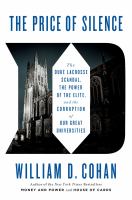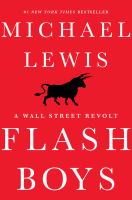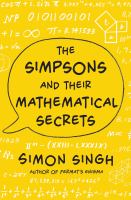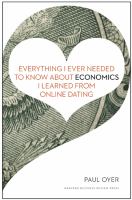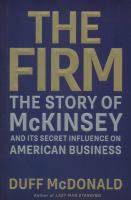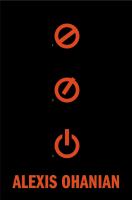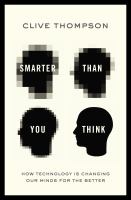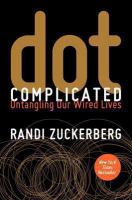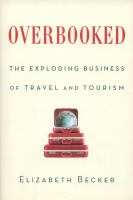Book Reviews: Communicating with Confidence
Monday, September 15th, 2014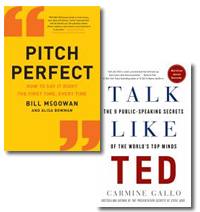 Gallo, Carmine. Talk like TED : the 9 public speaking secrets of the world’s top minds. St. Martin’s Press, 2014.
Gallo, Carmine. Talk like TED : the 9 public speaking secrets of the world’s top minds. St. Martin’s Press, 2014.
McGowan, Bill. Pitch perfect : how to say it right the first time, every time. Harper Business, 2014.
In July, two Ford Library staff members attended the Advanced Communications Workshop taught by Dorie Clark, Fuqua adjunct professor, former presidential campaign spokesperson and author of the book, Reinventing You, about developing a personal brand.
Prof. Clark also teaches a popular course in Fuqua’s Executive Education program, Great Leadership Requires Great Communication. To influence, inspire and persuade others, corporate executives and government leaders need to communicate clearly and confidently with diverse constituencies both inside and outside their organizations. Two new books in the Ford Library also explain how to communicate ideas so they are heard and understood.
Talk Like TED is for speakers who want to deliver presentations with more confidence and authority. Author Carmine Gallo analyzes more than 500 TED presentations and distills nine common elements from the most popular ones. Like Dale Carnegie 100 years ago, Gallo recommends that speakers keep their presentations short and tell stories to connect emotionally with the listener. But he also adds more modern techniques such as the use of humor and novelty. He advises speakers to have passion and also to be authentic. Gallo is also the author of the bestselling book, Presentation Secrets of Steve Jobs.
Communications coach Bill McGowan helps clients, executives and celebrities, decide what to say and how to say it. In his new book, Pitch Perfect, he condenses what he has taught in 4000 coaching sessions into a simple set of 7 principles for handling a variety of personal and professional communication scenarios. To get attention, McGowan recommends starting with the best material, and to hold attention, he recommends preparing a brief but rich message. He underscores the importance of conveying certainty with words, posture, eye contact and tone of voice. He shows how to use visual images to illustrate a story. His principles work for media interviews, internal meetings, interviews and most other business communication situations.
Both of these books are informative and engaging, and they are recommended for professionals who communicate their ideas at work.
© Meg Trauner & Ford Library – Fuqua School of Business.
All rights reserved.
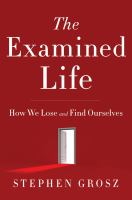 Grosz, Stephen.
Grosz, Stephen. 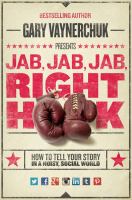 Vaynerchuk, Gary.
Vaynerchuk, Gary. 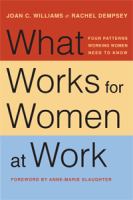
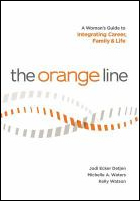
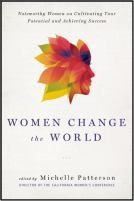
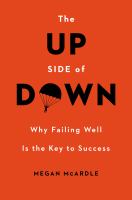 McArdle, Megan.
McArdle, Megan.  Welcome to all new students who arrived at Fuqua this week to attend the Language Institute and the Summer Math Review Course. Students bring an energy and vitality to our university and to
Welcome to all new students who arrived at Fuqua this week to attend the Language Institute and the Summer Math Review Course. Students bring an energy and vitality to our university and to 